Share:
As an Orton-Gillingham tutor, I find the need to spread dyslexia awareness is ever present. Dyslexia is one of the most common and least understood issues that face learners. There are many myths that surround dyslexia and how best to treat or remediate it. In fact, there are still people who insist that there is no such thing as dyslexia. We are lucky that today we live in a time when brain research has learned more than ever before about how the human brain works and how individuals with dyslexia learn differently.
(This post contains Amazon Affiliate links.)
It’s neurological.
1. Dyslexia is a learning difference that is neurological in origin. This means that although people often think it has something to do with vision, the challenges of a person with dyslexia occur in the brain as it processes information. It is a language-based learning difference, and often affects more than just reading and writing. Students with dyslexia may struggle to find the right word, have difficulty with memorization like math facts, or skills like telling time and tying shoes.
It’s lifelong.
2. Because dyslexia is neurological, it is also lifelong. One doesn’t simply outgrow dyslexia. It is very possible to minimize its effects with the right instruction, especially if begun early, but if someone has dyslexia, they will always have dyslexia.
It’s hereditary.
3. Dyslexia is hereditary. If you, or someone in your family struggled with learning to read and write, and your child is struggling, it is possible that dyslexia was and is a factor. Dyslexia is the most common reading disability and may occur in as much as 20% of the population, or 1 in 5 students.
It occurs on a spectrum.
4. Dyslexia occurs on a spectrum. It can range from mild to profound. Students with mild dyslexia may have good grades, but struggle and work harder than others to achieve them. Anxiety and depression, poor self-esteem and feelings of inferiority often accompany reading and writing struggles. A student that seems to be underperforming or not meeting their potential and says reading just “isn’t their thing” may be struggling with dyslexia. Dyslexia can occur in someone of any gender and any level of intelligence. In fact, many brilliant scientists and mathematicians have dyslexia.
It looks different to different people.
5. Dyslexia manifests in a number of different ways and may look very different from one student (or family member) to the next. A student that has a very strong visual memory may appear to read and spell normally, but on closer inspection reads very slowly and has difficulty with vocabulary and word retrieval. Another student may spell a word differently each time they write it and having trouble hearing the appropriate sounds in the correct sequence.
It may occur in conjunction with other learning challenges.
6. Dyslexia often occurs in conjunction with other learning differences such as ADHD, dysgraphia, math disability or vision difficulties. While there may be some overlapping of symptoms, each of these learning difficulties is distinct and has its own treatment needs.
Earlier is better.
7. The earlier a student is diagnosed with dyslexia and receives the appropriate instruction, the more they are able to adapt to and compensate for their learning differences. It is even possible to develop new learning pathways. When dyslexia is identified and treated early, students are able to keep up with their peers. It benefits them emotionally, socially and academically.
See the strengths.
8. There is a lot of debate about the link between creativity and dyslexia. Some common areas of strength include creativity, athletics, art, music, science, or mathematics. Not all people with dyslexia are artistic or musical, but it is valuable to pay attention to the areas in which your child with dyslexia thrives and excels. Having an area in which they are able to feel competent and highly successful helps to balance out the areas that are difficult or require extra effort.
Seek help.
9. Since dyslexia is a lifelong condition, many adults and students depend on strategies and tools that help them cope with their challenges. We are fortunate to live in a time when many helpful apps are available. Spell checkers that used to be a special and expensive electronic device can now be a free app on your cell phone. Students can use Siri, Alexa and OK Google to help them with internet searches and many simple communication functions. Audio books and text to speech are widely available. Speech to text and dictation apps can be found for the iPad and many other devices.
Dispel the myths.
10. Perhaps the biggest myth that surrounds dyslexia is that schools will recognize and identify this problem early on. Although they likely see the difficulty, teachers may not pick up on the reason that your child is struggling. In most cases, teachers receive very little training in spotting dyslexia. The requirements to qualify for special education often mean waiting for a child to fail before they are able to receive the right kind of help in school. If you or a family member struggled with learning to read, it is important to be proactive in looking for red flags in your child and seeking testing and appropriate instruction for your child’s needs. No one needs to suffer in silence.
Learn more!
Spread the word!
It’s critical as educators and parents to spread the FACTS and dispel myths about dyslexia so that we can create the best learning environment for ALL kinds of readers. Sign up for my weekly newsletters to learn more about how to spread awareness. Strive to use appropriate literacy materials with a structured literacy approach. You can find lots of resources in my Teachers Pay Teachers store to support children with dyslexia.
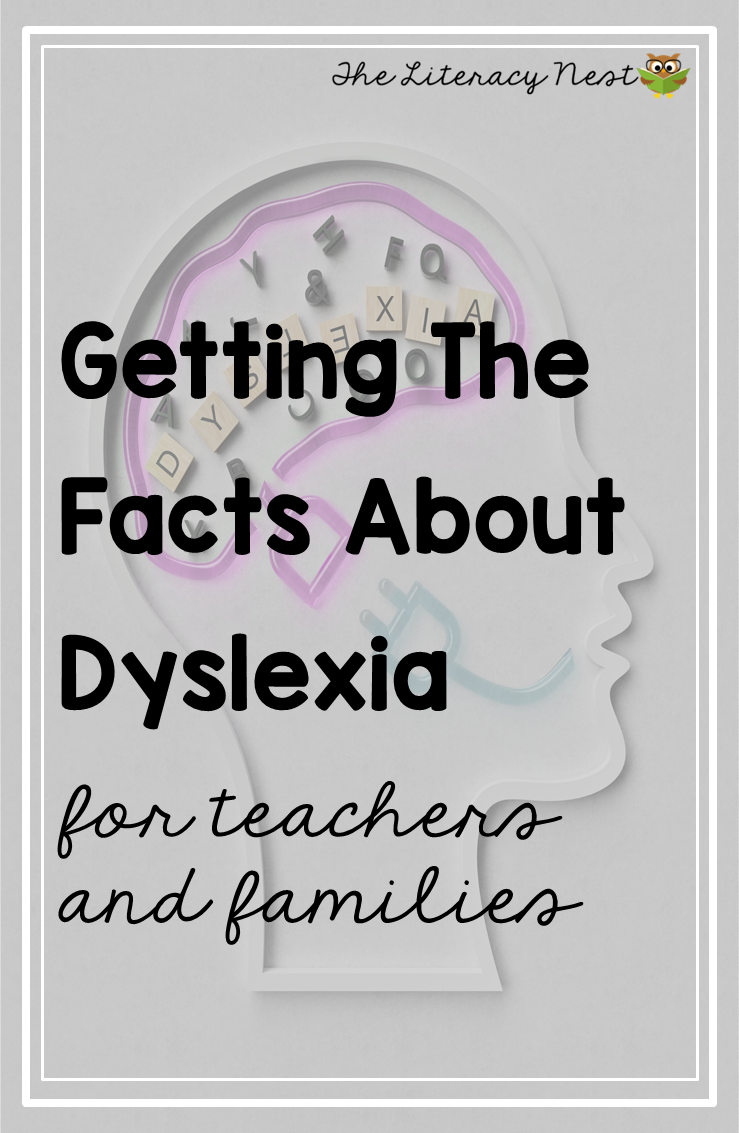 |
| PIN ME! |

One more thing! Be sure to checkout the TpT Back to School Sitewide sale on 8/1/18-8/2/18! You can save 25% everything in my store with promo code BTSFRESH at checkout.
Share:
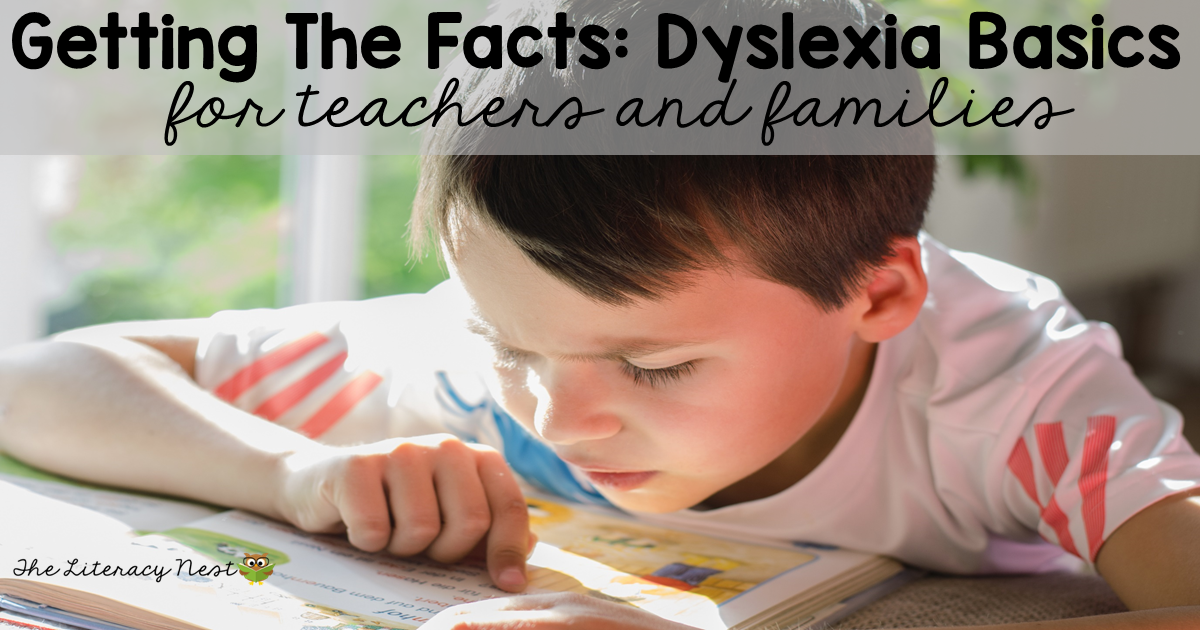

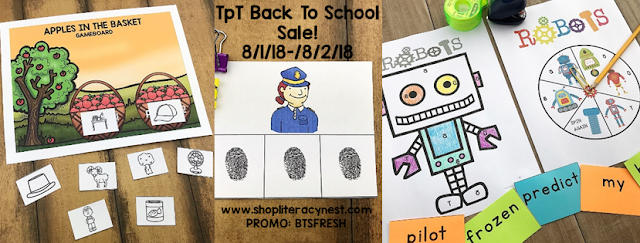

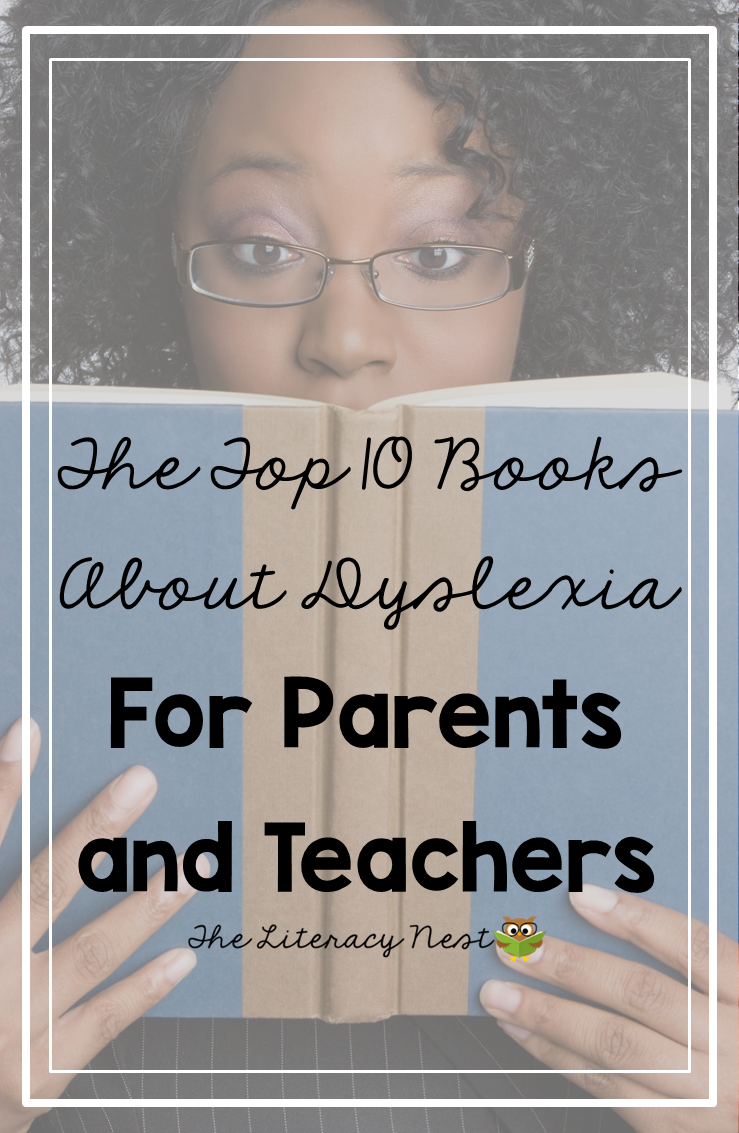
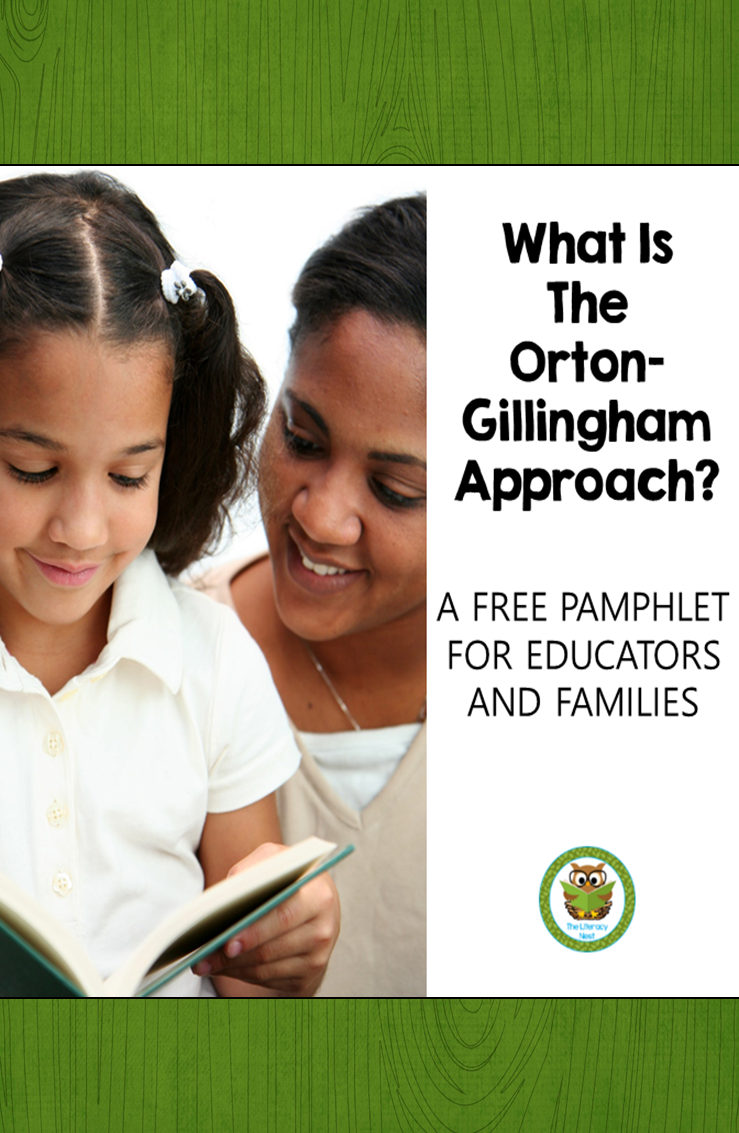



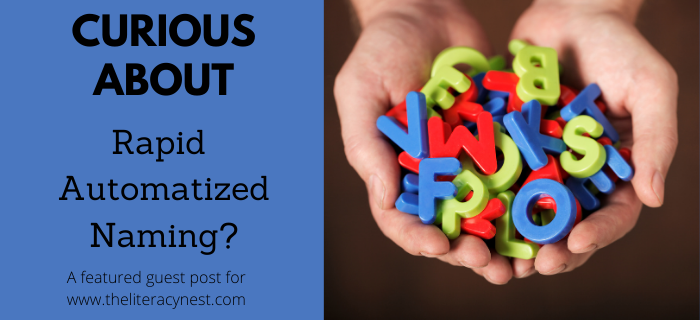


This is such a great list. So many are misinformed about dyslexia. Will definitely share this at my school.
Excellent! Thank you!